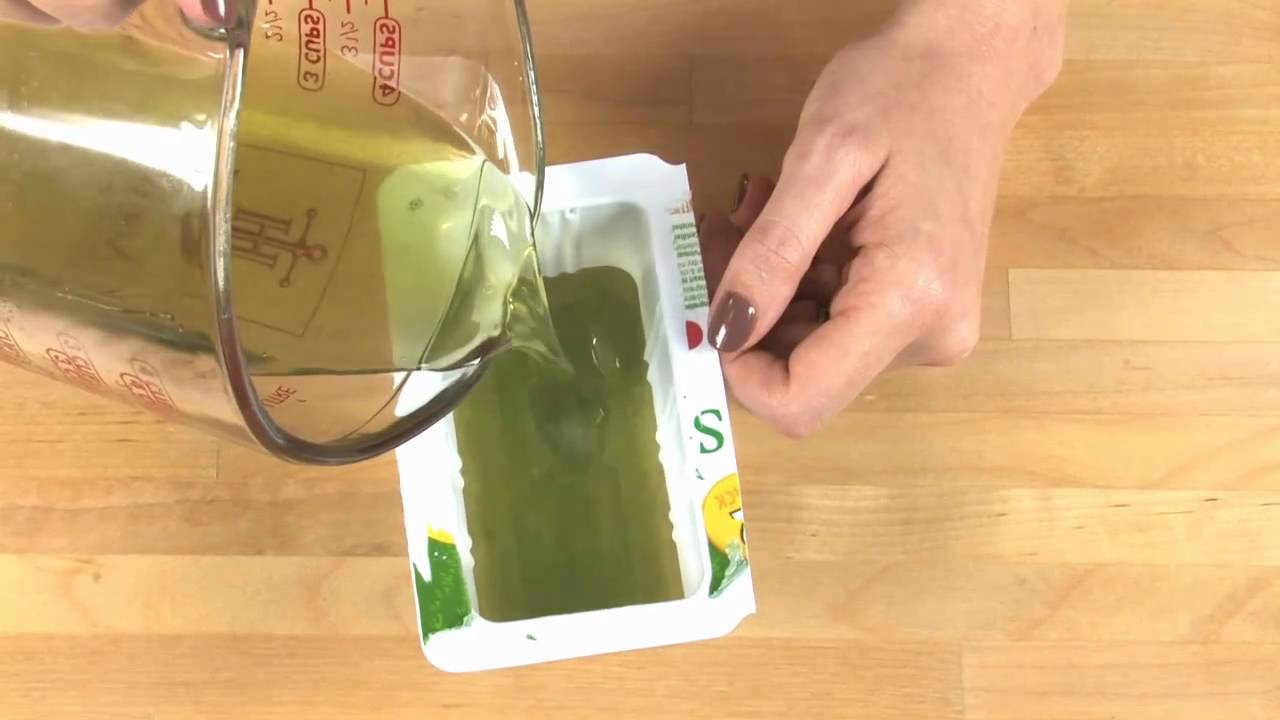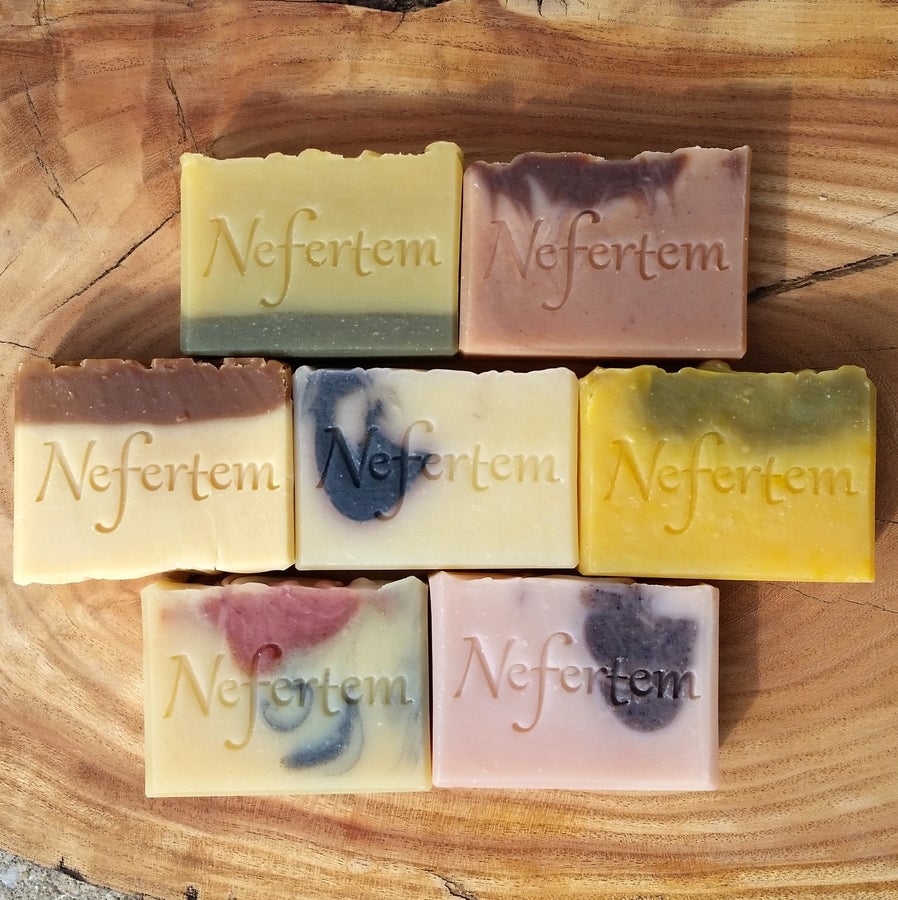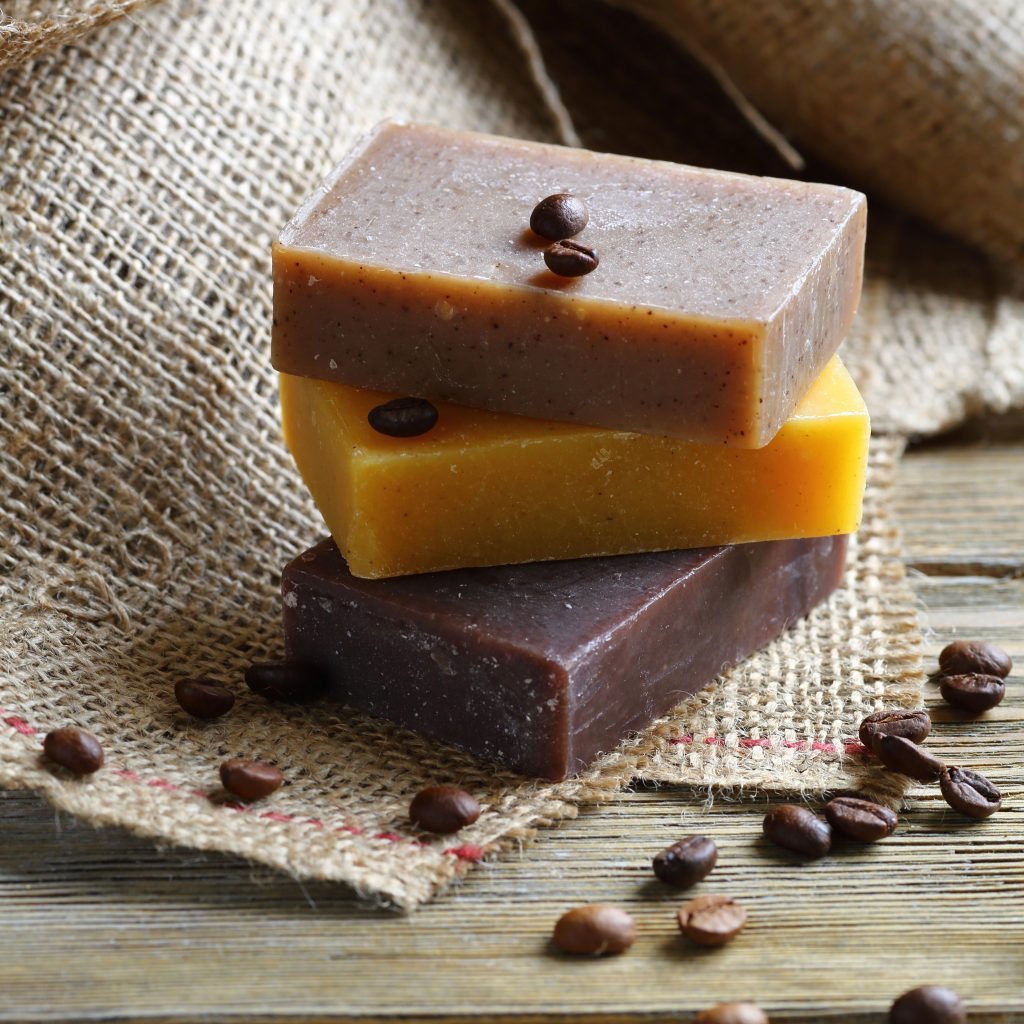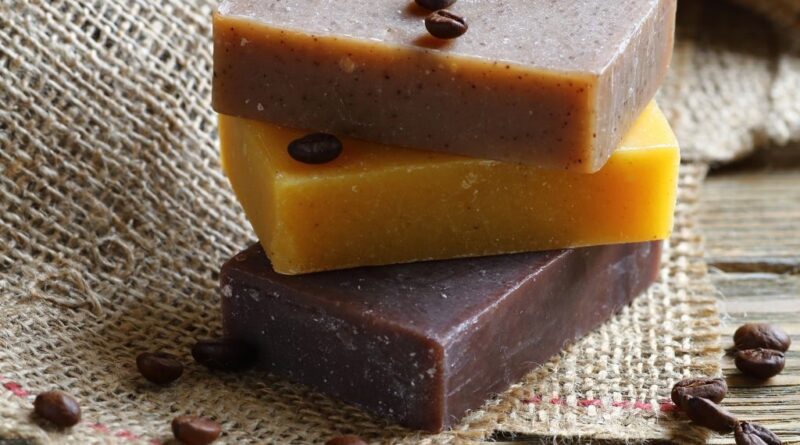Nowadays, people have become a lot more aware of the risk of using chemical products. Whether for the skin or food, people started to invest more and more in organic products that are free from chemicals. Many of the skincare products found in the supermarkets, if not all, contain fragrances, chemicals, colorants, etc. These substances might not have an immediate impact on our health. However, in the long run, you might suffer serious health problems.
Why choosing organic soaps is better than non-organic ones? Because of the ingredients. When it comes to skincare, ingredients are all that matter in a product. Using products with chemicals can lead to skin allergies and sensitivity. Natural ingredients from organic soaps are the best because it protects your skin from suffering reactions to chemicals. Organic also means better for the environment. No pesticides or chemicals are used to grow natural products. It protects the air, water, and soil from pollution. Most of the organic soaps are cruelty-free, which means that they aren’t tested on animals. However, if you are more creative and want to learn how to DIY your organic soap, check this article and learn all about organic soaps that are best for your skin.
How do you make organic soap at home?

Many people love organic homemade soaps because they get to choose the ingredients they put in. Soap making can be effortless but do take some practice. Find a day when you are free, gather the ingredients, and start making soap. You can even start your own business if this is your passion. Besides the benefits organic soap has, it is the beauty care of creating something with ingredients you choose, making the whole process exciting. To get the best results, make sure you weight all the ingredients. One component shouldn’t miss in your homemade soap, and that is lye. You must be extra careful because lye is acid, and it can cause significant burns to the skin.
Always use gloves and wear a mask for protection. When mixing lye with water, it will heat up and whiff for at least 30 seconds. Make sure to always add first lye to water, and not in reverse. Again, be extra careful with these compounds while making homemade soap because they’re dangerous to work with. Also, don’t use plastic bowls, aluminum, or copper. Plastic may melt, so use glass recipients and silicone spoons. Silicone works because you can clean the must right after.
Which homemade soaps are the best?

There are so many variations of soaps you can make at home. Some essential additives you can use are lavender, chamomile, lemongrass, oakmoss, but make sure you don’t mix them altogether. Choose one and make sure that all herbal materials are dried before using them. Essential oils, fragrances, natural colors, and other items, such as oatmeal, goatmilk, Aloe Vera, clays, coffee, salt, etc. Avoid food colors because they don’t resist in soap. The common ingredients used to make soap for hand and body are olive, coconut, sunflower, almond, and grapeseed oil.
One of the best handmade soaps is goat milk soap bars, Aloe Vera facial soap, peppermint & charcoal detox soap, lemon soap, cucumber mint soap, rosemary lavender soap, and many more. For example, goat milk soaps are made from natural ingredients, such as shea butter, goat milk, cocoa butter, palm oil, coconut oil, castor oils, olive oil, and many more essential oils. The natural formula is gentle with the skin; even babies can be cleaned with. Organic goat milk soaps are suitable for any skin type or age. They can naturally clean and hydrate your skin without leaving it dull and itchy.
What are the benefits of organic homemade soaps?

As mentioned before, organic homemade soaps do not contain harmful ingredients or chemicals. Generally, they contain vitamin A, B3, B2, B5. They help cleanse your skin of dirt while leaving it soft and hydrated. You can DIY exfoliating soaps that help the skin get rid of dead skin cells. Use it once a week, just as you would use an exfoliating cleanser. After washing your skin with organic homemade soap, your skin will feel clean and glowing. Making soaps at home from natural ingredients, with no harsh detergents or fragrances found in most commercial soaps, guarantees your skin’s health.
Repeated exposure to the harsh products bought from commercial shops can weaken your skin cells. They contain sodium, which can draw the moisture from your skin, resulting in an unhealthy appearance. Using organic homemade soaps will repair and renew your skin. Your skin needs to be clean and hydrated, so choose to use only natural products to guarantee your skin’s health. If you have more questions about organic homemade soaps, make sure you do some research before starting the process and find best solution at Live Enhanced.





